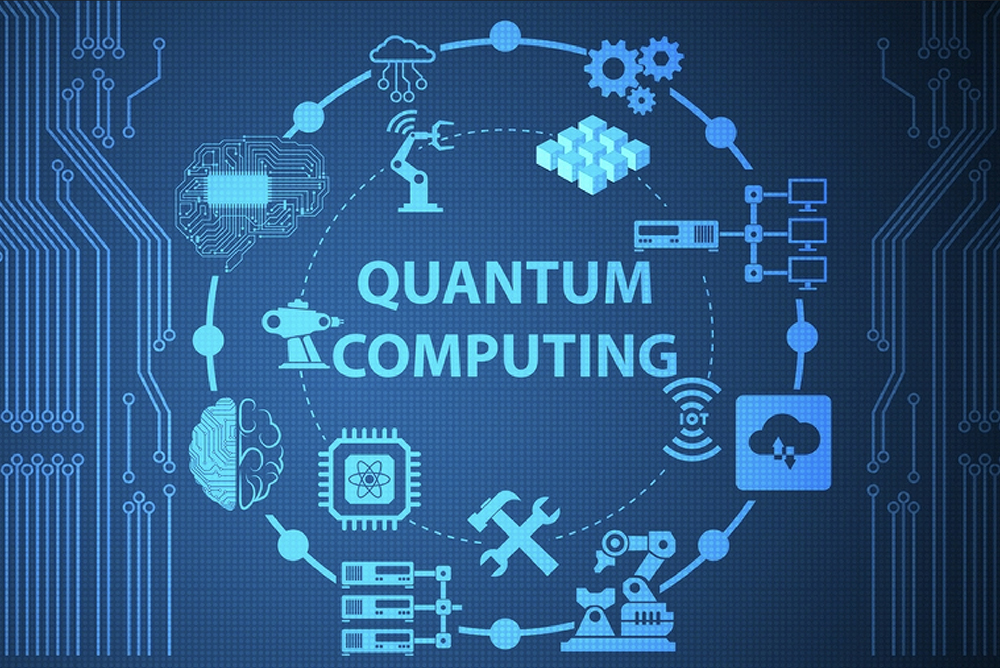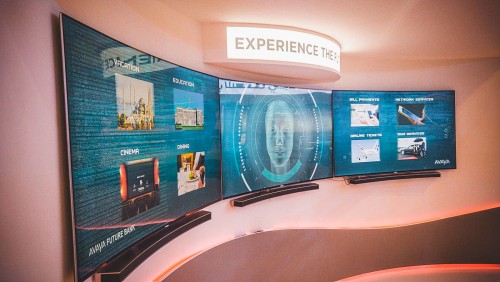What is Quantum Computing and How Will It Impact Our Future

What is Quantum Computing?
Quantum computing is a branch of artificial intelligence that uses the principles of quantum mechanics to process data. It’s based on the idea that some objects, such as atoms, photons, or electrons can be in multiple places at the same time. In classical computing, bits are either 0 or 1. In quantum computing, bits can be 0, 1, or 2 at the same time. But the changes don’t have any direct effect on other bits.
Furthermore, it’s possible to use quantum computers to solve problems that are too complex to be solved using classical computers, such as unbreakable encryption. It’s also been predicted that quantum computers will be able to solve NP-complete problems, which are extremely complex problems for classical computers to solve. That makes them exponentially faster than classical computers. It’s also predicted that quantum computers will be able to solve NP-complete problems,
How Will Quantum Computing Benefit Our Future?
Quantum computing is a field of research that’s still very much in its infancy. The first quantum computers will likely be available around 2030, with the promise of exponential growth in capabilities following. By 2035, quantum computers are expected to achieve speeds of 500 to 1000 qubit/s and perform approximate calculations, with exponential growth in capabilities following. By 2040, quantum computers are expected to achieve speeds of 1,000 to 10,000 qubit/s and perform approximate calculations, with exponential growth in capabilities following. By 2045, quantum computers are expected to achieve speeds of 100,000 to 1,000,000 qubit/s and perform approximate calculations, with exponential growth in capabilities following. By 2050, quantum computers are expected to achieve speeds of 1,000,000 to 10,000,000 qubit/s and perform approximate calculations, with exponential growth in capabilities following. By 2055, quantum computers are expected to achieve speeds of 10,000,000 to 100,000,000 qubit/s and perform approximate calculations, with exponential growth in capabilities following.
Quantum Computer Basics
Quantum computers rely on the principles of quantum mechanics to process data. Quantum computing is all about “bits,” or units of information. But a quantum bit (qubit) is more than a bit. A qubit can be a 0, 1, or 2 at the same time, depending on the environment it’s in. And a qubit can exist in one of those states at any given moment. Most computer bits only exist in a 0 or 1 at a time. Quantum computers are still in the very early stages of development, but they’re expected to become a reality in the near future.
Quantum Computer Capabilities
Quantum computers could be capable of many things, but the most exciting predictions center around their capabilities in simulating human brains. Quantum computing could provide a way to simulate how the human brain works. That could lead to incredible advances in medicine and education. It could also help scientists to learn more about the universe we live in. Quantum computers could also verify cryptocurrency transactions and create new forms of online security and encryption. Quantum computers could also help solve complex problems that are too complex for classical computers to solve.
Quantum Computing and Artificial Intelligence
Artificial intelligence relies heavily on data analysis. Quantum computers could be perfectly suited for this task. They have the ability to process data using algorithms that are exponentially faster than classical computers. That means AI could be more accurate and efficient than it is now. Quantum computers are also expected to be capable of running neural networks—the foundation of AI. Quantum computers could also be used to simulate the human brain and make it possible to study the way it works much more closely. Neural networks could also be run on quantum computers.
Ethical Issues with Quantum Computing
Artificial intelligence is still a relatively new field, with ethical issues cropping up all the time. Quantum computers could also become powerful tools for unethical purposes. They could be used to simulate the human brain and gain a better understanding of how the human brain works. Quantum computers could also be used to simulate cryptocurrency transactions, which could make them even more susceptible to hacking and fraud. And much of the current research on quantum computers are funded by the military and governments. Those who fund these types of research are responsible for the ethical issues that may arise.
Bottom line
Quantum computing is still in its infancy. But it’s expected to become a reality in the near future. It could lead to incredible advancements in computing and simulation. It could also be used for dangerous or unethical purposes. But it could also provide a more accurate and efficient way to process data than classical computers. It could also be used to simulate the human brain and gain a better understanding of how the human brain works. Quantum computers are also expected to be capable of running neural networks—the foundation of AI.







 Call
Call
 Mail
Mail